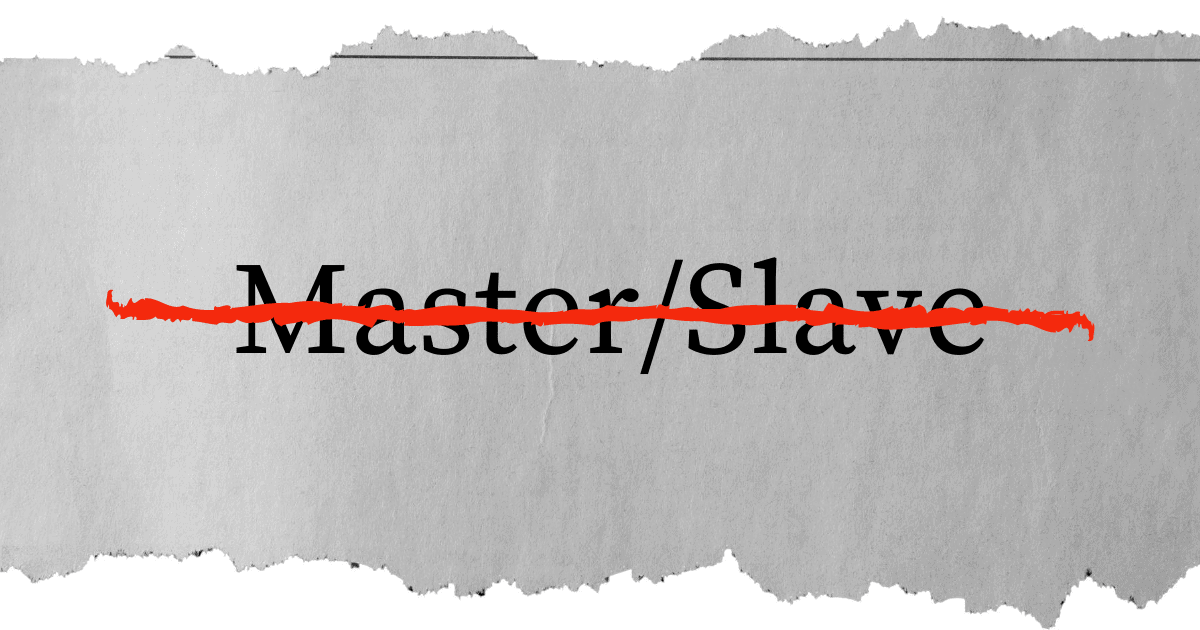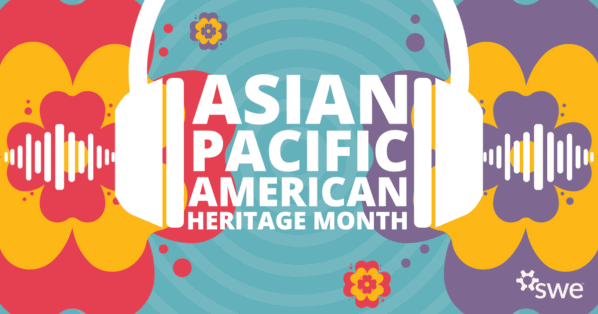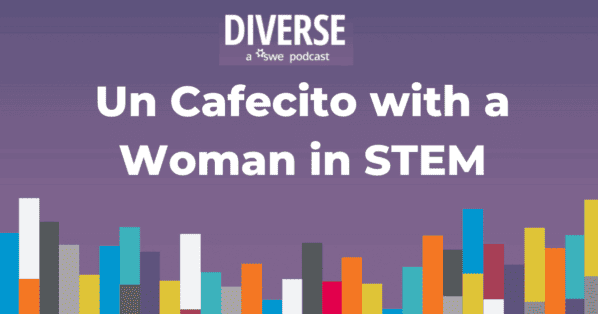“BU Engineering Student Persuades Book Publisher to Remove ‘Master and Slave’ Language” was written by Deirdre Fernandes and published by The Boston Globe. You can view the original article here.

CREDIT: JONATHAN WIGGS/BOSTON GLOBE STAFF
Soon after delving into the fundamentals of digital computing and binary code this past spring, Santiago Gomez, a Boston University engineering student, came across two words in his textbook that stopped him cold: master and slave.
In engineering and computer programming parlance, they are used to describe the control relationship between circuits or codes, to emphasize how one component can trigger others, from brake and clutch systems in cars to Bluetooth technology.
But for Gomez, 28, who had recently started the graduate engineering program, it evoked a violent history of human trafficking and America’s enduring struggle with slavery and racism.
“How is this the type of language that exists in science and engineering?” Gomez said. “It’s just a word — but language, it shapes how we see the world and what we create.”
“How is this the type of language that exists in science and engineering? It’s just a word — but language, it shapes how we see the world and what we create.”
-Santiago Gomez
In mid-June, amid the Black Lives Matter protests, the toppling of Confederate statues and the re-evaluation of racial justice by government and businesses, Gomez decided to do something about it — and it worked.
He urged the textbook publishing giant Pearson to banish the master-slave metaphor from its technology and engineering books, and the publisher quickly agreed.
Pearson is removing and replacing the “master and slave” language in more than 600 print and digital titles, said Marcia Horton, vice president of product management at Pearson.
In the next six months, the terms will be replaced by, for example, “leader and follower,” or “first and second,” she said.
“We are motivated to do it, and do it as quickly as we can,” Horton said. “We wish we might have figured it out without a student complaint. This summer has caused a lot of reflection on the part of a lot of people.”
In the past, the process of changing the textbook language would have taken much longer, Horton said. But the death of George Floyd at the hands of police in May and the calls for racial justice have prompted swifter action.
Pearson, the world’s largest education publisher, has committees that routinely review textbooks for bias and lack of diversity, but its priority has been on psychology and sociology titles, which were considered more at risk for outdated and offensive language. Texts in the hard sciences, such as engineering, technology, and math, were considered less problematic, Horton said.
But this case has made the publishing company more eager to reach out to students for input in their textbooks, she said.
Pearson’s move is part of a larger drive in the tech community to acknowledge how racial bias can penetrate algorithms and lines of code, determining everything from who qualifies for home mortgages and which neighborhoods get more frequent online delivery orders. The push to remove the master and slave language in technology is a small part of that broader conversation and it has gained momentum this summer.
Separately, earlier this month Twitter announced that it would no longer use the master and slave language, along with other words such as blacklist and dummy value, in its code and documentation. Microsoft-owned GitHub, a site for developers to share and store code, announced in June that it would abandon the master and slave terminology and use more neutral words.
And Pearson has asked the Institute of Electrical and Electronic Engineers, a nonprofit professional group that sets industry standards, to consider changing the language.
IEEE is starting to develop a process to review the language used in its standards, said spokeswoman Monika Stickel.
“We are aware of, and take seriously, concerns that some terms traditionally used in the electrical, electronic, and computer technology literature may reflect or reinforce historical bias,” Stickel said in a statement.
Why the terms master and slave became so ubiquitous in electronic devices and whether it was racially motivated is unclear. Since 1976, there have been nearly 68,000 patents filed with the US government that include the two words.They have primarily been used since World War II, said Ron Eglash, a University of Michigan professor who wrote a paper in 2007 calling it a broken metaphor since it suggests control between the two electronic components, when that’s not always the case. Sometimes, it is more of a primary and secondary relationship.
But the terminology probably became popular because the language of engineering can be boring, and the terms master and slave are easier to grasp. And in the 1950s and 1960s, when it crept into the jargon, there were few Black engineers to object, he said.
Earlier efforts to get rid of the terms were dismissed by engineers who argued that they referred to inanimate objects and seemed to have little connection to American slavery.
Getting rid of the master and slave terms is symbolic, and won’t suddenly lead to more Black professors teaching engineering or working in the field, said Roscoe Giles, a BU computer engineering professor who was the first Black student to earn a doctoral degree in physics from Stanford University in 1975. But, he said, words such as master and slave can make minority students feel brushed aside in a field that is trying to become more diverse.
Giles taught Gomez this past spring and forwarded his student’s letter to Pearson. Giles said he has always found master and slave “distasteful” and in class replaced the words with boss and worker. But he credits Gomez with taking the issue even further and trying to remove it from textbooks.
“It’s symbolic, but it’s that [way] only at the level where people claim that words don’t hurt them,” Giles said. “It leads you to a culture that for Black Americans coming in says, ’We totally disrespect you and don’t care what you think.’ ”
Eglash worries that jettisoning the terms master and slave are easy fixes and will allow the tech community to claim victory without addressing deeper-rooted inequities, such as why computer science and engineering departments in universities are focused on finding solutions that benefit corporations instead of small businesses and everyday people.
“We think we’re getting dramatic change,” Eglash said. “But it’s cosmetic, tidying-up activities.”
Still, Gomez said it’s important to start somewhere, and recognizing how words such as master and slave can disrupt a student’s education early on is an important step.
“This is an example of how systemic racism functions in America,” Gomez wrote in his letter to Pearson. “It seeps into the most mundane elements of daily life and is perpetuated by white Americans when they take these elements for granted.”
Related content:
Author
-

SWE Blog provides up-to-date information and news about the Society and how our members are making a difference every day. You’ll find stories about SWE members, engineering, technology, and other STEM-related topics.






